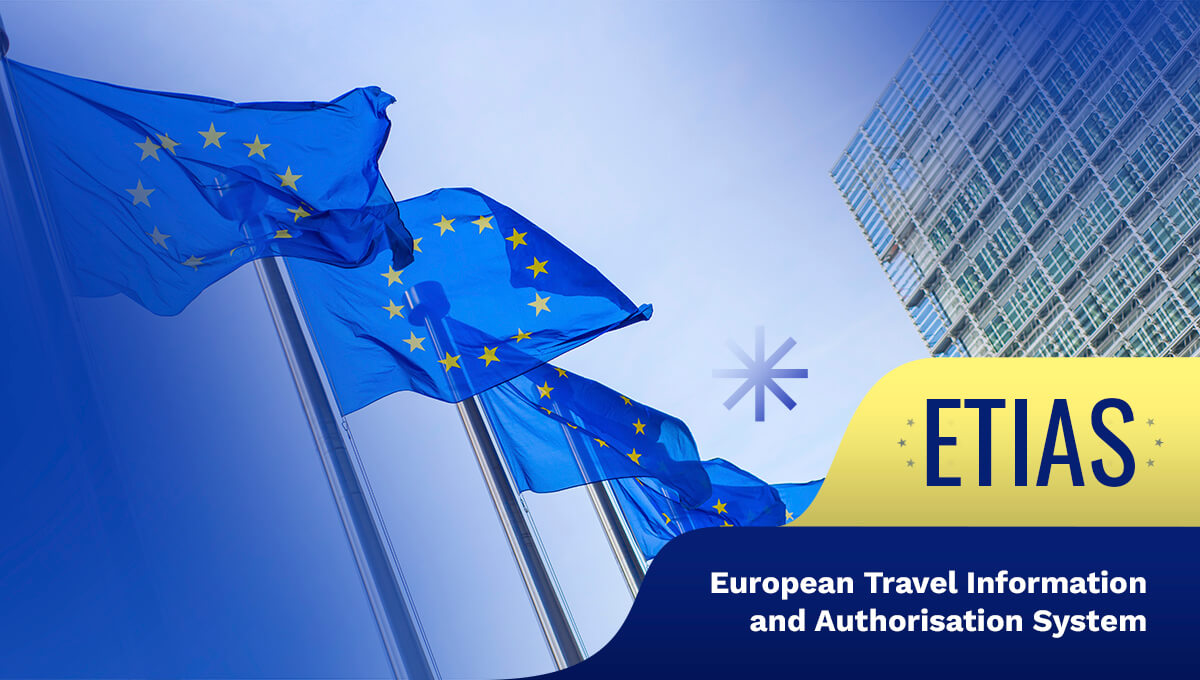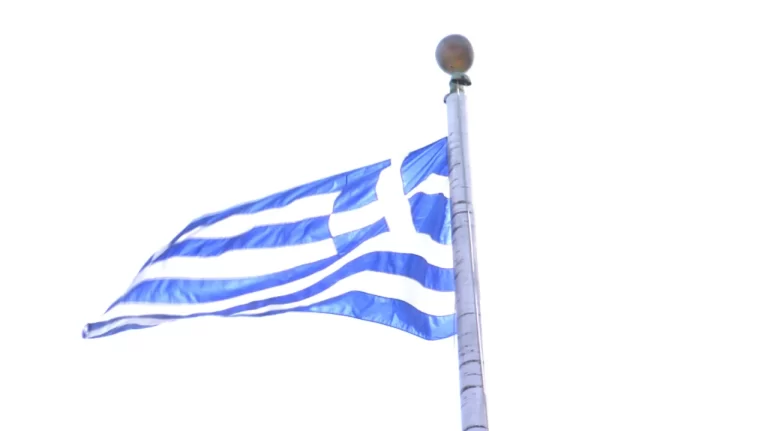Starting from mid-2024, once the European Travel Information and Authorisation System (ETIAS) is launched, travellers from more than 60 countries who can travel to the Schengen Area without the need to obtain a visa will be required to apply for the document.
However, the European Union highlights that a successful application alone will not guarantee entry into the EU countries requiring ETIAS, SchengenVisaInfo.com reports.
Once ETIAS becomes fully operational, travellers will have to meet visa-free conditions in order to be allowed to cross the external borders of the EU.
Apart from requiring travellers to provide proof of their valid travel documents and ETIAS during border checks, the border guard may also ask to provide information on the following:
- Duration of stay in Europe
- Reason for the visit
- Explanation of financial means supporting the trip
In addition to the above-mentioned, it has been stressed that the border authorities will also verify whether the travel documents are valid for at least another three months after the intended date of departure from the EU country requiring ETIAS. They will also verify if the travel document was issued not more than ten years ago.
Furthermore, the European Union notes that the authorities will have the right to conduct a thorough check to make sure that the documents are not forged. They may also verify if certain nationals of third countries pose a threat to public security before permitting them to enter the bloc.
After ETIAS is launched, details of travellers will be registered in the Entry/Exit System. The latter will replace the manual stamping of passports at the external borders of the EU and will record the time and place of entry as well as store facial images and fingerprints.
“Those travellers who do not meet the entry conditions will be refused entry unless an exception provided by the law applies,” the European Union emphasises.
Once travellers enter one of the 30 countries that require ETIAS, they will be allowed to travel freely in any of the countries as there are no border checks. Travellers will still, however, need to make sure that they do not exceed the permitted period of stay, which is up to 90 days within any 180-day period.
Following incorrect media reporting and interpretations, SchengenVisaInfo.com previously compared ETIAS with a visa, highlighting that ETIAS is not a visa and that its application process is simple and quick.
The application process for an ETIAS includes the completion of the online application form and the payment of the ETIAS fee.
The ETIAS will cost only €7, and the document will remain valid for three years or until the applicant’s passport expires.
Source: Schengen Visa Info







